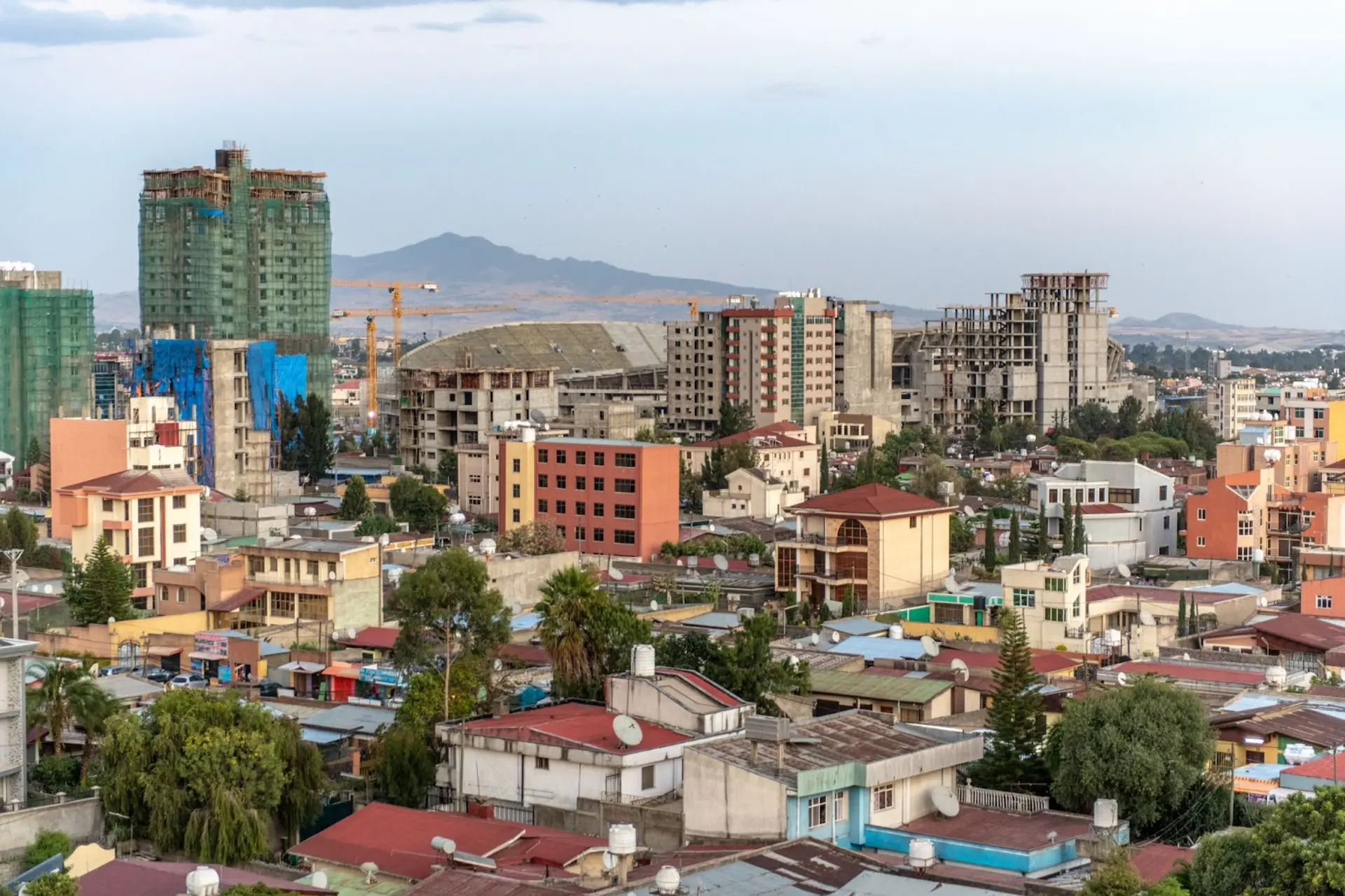Stay updated on Ethiopia’s property market reforms with insights from Reuters. In this comprehensive article, we explore the recent announcement by the Prime Minister of Ethiopia to allow foreigners to own property, analyzing the implications of this policy change and its potential impact on the country’s real estate sector.
Introduction To Property Ownership Reform In Ethiopia
Ethiopia’s property market is undergoing significant reforms, with the government announcing plans to allow foreigners to own property in the country. Reuters provides valuable insights into the Prime Minister’s announcement via state TV, shedding light on the motivations behind this policy change and its potential implications for foreign investment and the real estate sector in Ethiopia.
Background And Context
The decision to allow foreigners to own property marks a significant shift in Ethiopia’s property ownership regulations. Reuters explores the historical context of property ownership in Ethiopia, tracing the evolution of land tenure systems and property rights in the country. The government’s decision reflects its commitment to attracting foreign investment, stimulating economic growth, and modernizing the real estate sector to align with global standards and practices.
Key Highlights Of The Announcement
The Prime Minister’s announcement via state TV provides key insights into the specifics of the policy change regarding property ownership by foreigners in Ethiopia. Reuters analyzes the implications of this announcement, including the types of properties eligible for foreign ownership, the registration process, and any restrictions or conditions imposed on foreign buyers. Understanding these details is essential for investors and stakeholders seeking to capitalize on the opportunities presented by Ethiopia’s evolving property market.
Impact On Foreign Investment
The decision to allow foreigners to own property in Ethiopia is expected to have a significant impact on foreign investment in the country. Reuters examines how this policy change may attract foreign investors looking to diversify their portfolios and capitalize on the growth potential of Ethiopia’s real estate sector. By opening up the property market to foreign buyers, Ethiopia aims to stimulate investment, create employment opportunities, and accelerate economic development across various industries.
Implications For The Real Estate Sector
The Prime Minister’s announcement is likely to have far-reaching implications for Ethiopia’s real estate sector. Reuters analyzes how the influx of foreign investment may drive demand for residential, commercial, and industrial properties, leading to increased property values, construction activity, and infrastructure development. The policy change may also spur innovation and competition within the real estate industry, ultimately benefiting both local and international stakeholders.
Conclusion
In conclusion, the announcement by the Prime Minister of Ethiopia to allow foreigners to own property represents a significant milestone in the country’s efforts to attract foreign investment and modernize its real estate sector. Reuters remains committed to providing comprehensive coverage and analysis of the implications of this policy change on Ethiopia’s property market and the broader economy.




